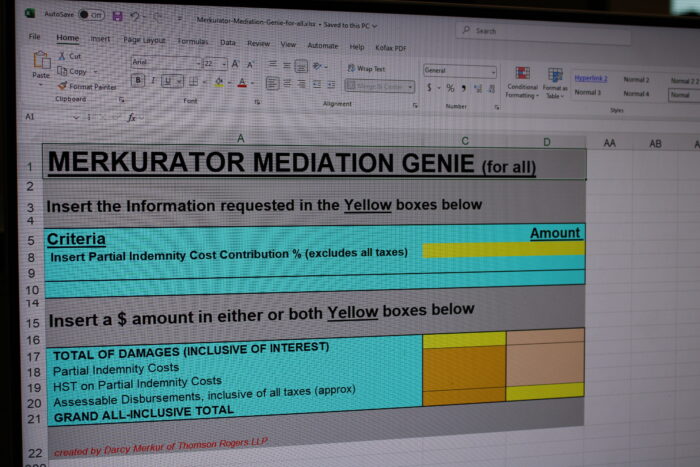Think Twice Before Lending Your Car
Author(s): Stacey L. Stevens*
January 21, 2019

How often have you lent your car to a family member, friend or colleague without giving it a second thought? Perhaps it’s time you did.
Recently, I was consulted by a distraught woman named Lisa. Lisa had lent her car to her daughter, Susan, so Susan could take her friends to the movies. Unfortunately, what Susan did not tell her mother was they were stopping at a bar afterwards. On the way home, Susan was involved in a motor vehicle accident. One of her passengers was seriously injured. Shortly afterwards, Lisa’s automobile insurer advised her that she was legally responsible for the passenger’s injuries.
Lisa was shocked! While she consented to her daughter using the car to go to the movies, she did not consent to Susan using it to go out drinking.
The Highway Traffic Act says that the owner of a motor vehicle is liable for losses and damage caused by negligence, even if someone else was operating the vehicle at the time. Susan may have been operating the vehicle, but Lisa is the owner, and Lisa holds the insurance policy.
However, there is an exception in the Highway Traffic Act, which says that the owner is not liable if the vehicle is in someone else’s possession without the owner’s consent. Clearly, had Susan stolen Lisa’s vehicle, crashed, and injured someone, Susan would be responsible for those damages. But Lisa consented to Susan borrowing her vehicle, making Lisa liable.
Lisa, of course, might argue that Susan didn’t have her consent to use the vehicle since it was lent for the purposes of visiting a movie and not visiting a bar. She might argue that her consent was dependent on Susan and her friends only visiting the movie theatre and disappeared once they stopped at a bar. In the past, other Ontario lawyers and judges may have agreed with her. A prior interpretation of the Highway Traffic Act took the view that consent in possession of a vehicle no longer existed when a person driving the vehicle violated some condition placed upon them by the vehicle owner.
However, a different interpretation of the same rule has been that a vehicle owner is liable when they lend someone else the vehicle, no matter what conditions the vehicle owner set. According to this view, the vehicle owner must take responsibility of careful management upon whom possession is entrusted.
Unfortunately for Lisa, this interpretation has been agreed upon by the Ontario Court of Appeal. This court wants the law to be consistent and predictable. Lisa is the owner of an expensive car and she also pays monthly insurance. If Lisa chooses to lend out her expensive car, she has also chosen to “lend out” her insurance. The Ontario Court of Appeal thinks that vehicle owners need to take responsibility of careful management over who gets to use their vehicles.
The law is clear. Car insurance follows the car. Your car, your policy, your liability.
Stacey Stevens is a partner and personal injury lawyer at Thomson Rogers whose practice is focused on advocating for those who have been seriously injured in motor vehicle accidents. See her full bio here.
Share this






